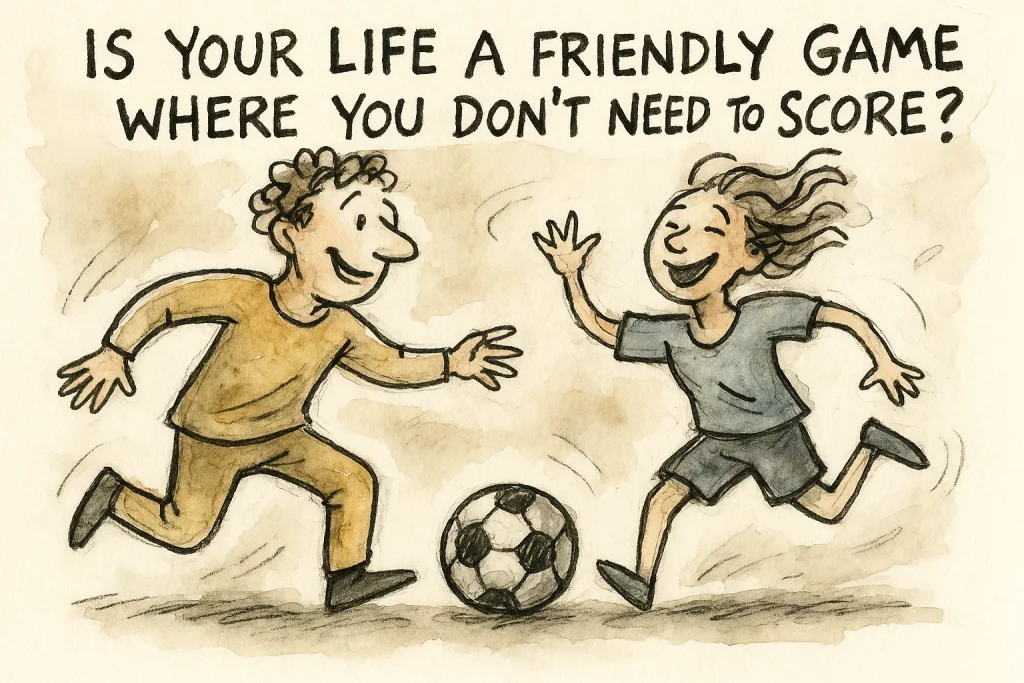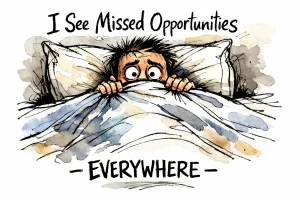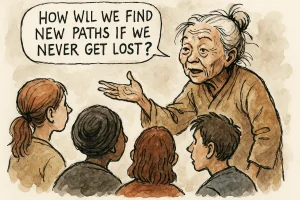
There are two types of football matches: the friendly one at the end of the day, relaxed, where no one scores and everyone is content just “passing the ball around”. And then there’s the match that counts for the championship, where every kick carries purpose and every minute matters. The question that haunts restless minds is: when did we let our careers (or worse, our own lives) turn into friendly matches with no goals?
When the score is zero and no one is counting points, the pace inevitably slows down. The defense loosens, the running turns into jogging, and the goalkeeper checks their phone. This is the picture of many professional routines: mechanical tasks, recycled goals, that pleasant comfort zone that gradually numbs all ambition. Without a clear objective, repetition becomes an argument for experience, but real performance stagnates.
Here are some symptoms showing that you’ve entered the “friendly”:
- You don’t remember your last disruptive goal. You managed to meet smaller goals, but nothing that shook the net.
- Feedback has turned into a routine compliment. Everyone says you’re “doing great”, but no one describes tangible growth.
- Your schedule doesn’t give you butterflies. Projects start and end without positive tension or a sense of championship.
- Every mistake is “okay”. There’s no post-game analysis, let alone statistics on successes and failures.
How can we reignite the spirit of healthy competition?
- Turn on the scoreboard and set measurable goals: increased revenue, completed courses, projects delivered on time. Without numbers, there’s no game.
- Create internal playoffs. Divide annual goals into “phases” each quarter. Each phase leads to qualification for the next.
- Invite critics, not fans. Mentors and colleagues willing to point out flaws act as referees, preventing a dull game.
- Celebrate goals and review losses. Retrospective meetings aren’t bureaucracy – they’re the summary that generates learning and adjusts the strategy for the next round.
What do you gain by returning to the championship?
- Speed of learning: Legitimate pressure accelerates iteration.
- Engagement based on purpose: A team that knows what the trophy is worth runs until the final whistle.
- External reputation: The market recognizes those who generate measurable impact, not those who collect symbolic participation.
In the end, complacency is either an intentional choice or silent omission. If your journey resembles a Sunday kickabout where no one cares about scoring, ask yourself: when did I turn off the scoreboard… and why? Recognizing this turning point is the first step to turning the score back on, wearing the captain’s armband, and playing not just to participate but to win. Because passing the ball around is fun for an afternoon; building a legacy requires goals, statistics, and visible trophies.
That’s it.






Brilliant analogy. It hits right where it should – especially for those of us who’ve been “passing the ball around” for longer than we care to admit. The idea that many careers have turned into casual matches with no scoreboard is uncomfortably accurate. We confuse movement with progress, and routines with growth.
The reminder to bring back measurable goals, intentional phases, and a sense of healthy urgency is timely. I especially resonated with “invite critics, not fans” – that alone can transform the entire game. Feedback that doesn’t challenge is just noise.
Thanks for the wake-up call. It’s time to put the jersey back on, call the team, and chase real goals again.